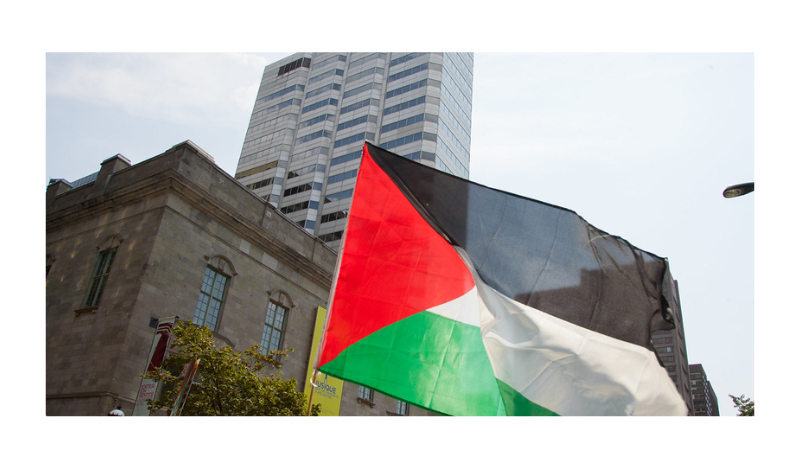Chavi Feldman
Times of Israel, Mar. 20, 2024
“I’m glad my grandparents aren’t alive to see what’s become of this world; what’s become of the Canada that had reluctantly offered them a safe haven back then. It’s certainly not the same Canada that I grew up in, that I truly loved.”
When you grow up as the granddaughter of Holocaust survivors, you begin to understand what hatred of Jews is at a very very young age. I don’t recall exactly how old I was when I learned about what my grandparents endured at the hands of the Nazis, but I was young. And I wasn’t alone. Most of my friends had grandparents with numbers tattooed on their arms, most of them spoke Yiddish and broken English and all of them had a fragile haunted look about them, like they weren’t a hundred percent trustful that this peaceful life they now lived was going to last.
It wasn’t something that was said out loud, but it was right there in their actions. My grandparents had a basement that was essentially a food bunker. If canned corn and peas were on sale, they didn’t just buy a couple extra cans – they bought cases. And they didn’t touch them. They were “in case.” My grandparents lived in the smallest most modest house on the street. But in reality my Zayda had invested in real estate, building a mini empire, so there was money to escape. “In case.”
Times were pretty good in the years following the Holocaust for Jews in Canada. They worked hard, kept their heads down, and integrated into society while still keeping their faith. They shed their refugee status as quickly as possible, built schools and synagogues and cultural centers and libraries and kosher shops and restaurants and they successfully raised proud Jewish families in the wake of the Holocaust.
… [To read the full article, click here]


